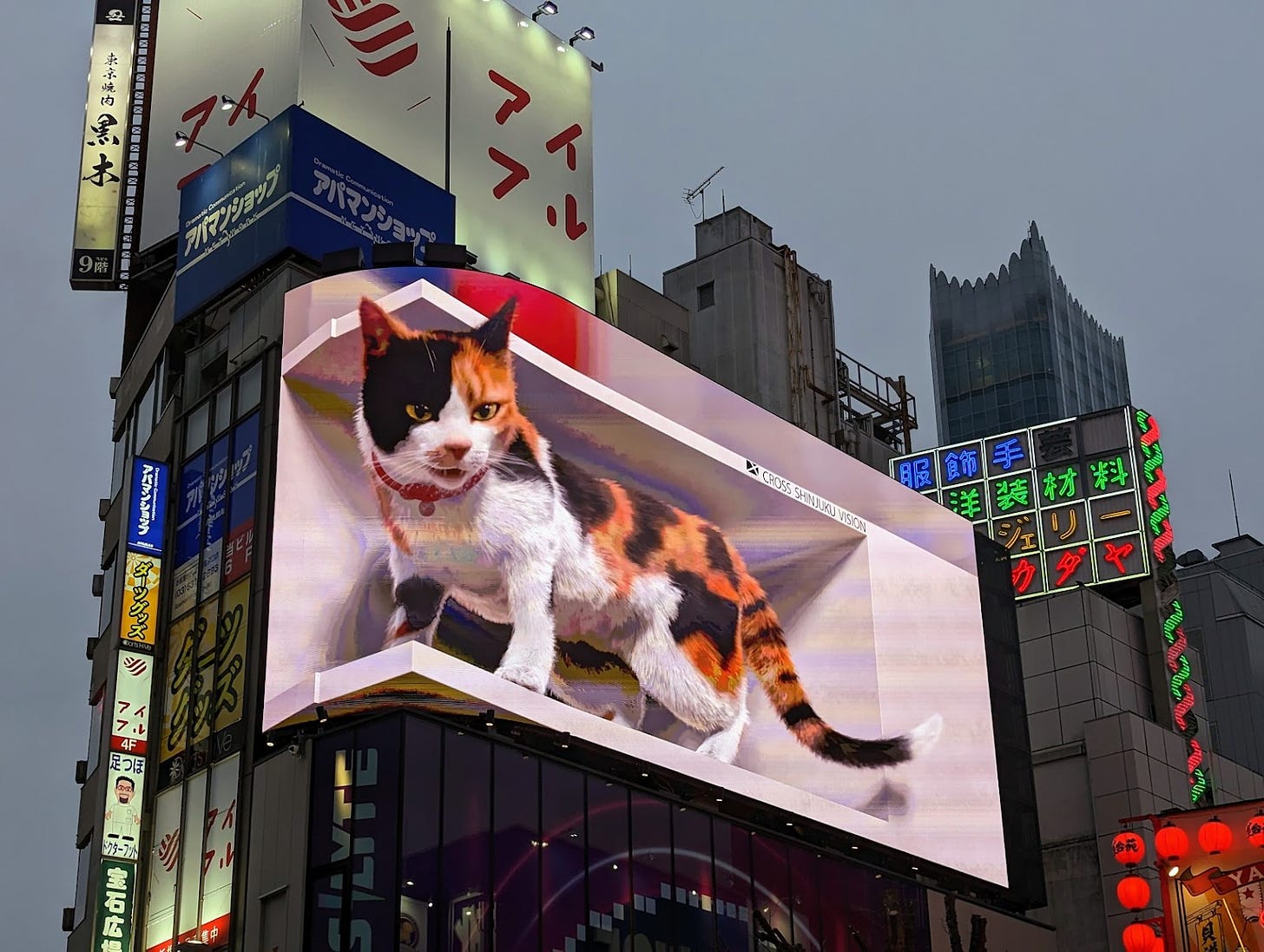The ominous, darkening sky did not frighten Ueda Tetsuo. It was almost as if he didn’t notice, and while he had to have noticed, he didn’t appear to care, and although he certainly cared—because he and everyone in the world would be dead in hours—he didn’t budge from his desk by the window at Ishii Printing, a fifty-five-year-old Tokyo company where Ueda had worked for forty-five years.
“Help us with inventorying inks, Ueda?” “Shipping needs somebody to enter data into Excel.” “We’re going to advertise on Instagram and could use somebody who’s been around since the beginning to help write the copy.” “The research department needs help this month."
Over the years, many in the company asked sixty-three-year-old Ueda to assist with various tasks, but he always declined, preferring to read the newspaper and magazines by the window.
Ueda only rose from his chair for the annual company portrait, though he thought his window would make a prettier backdrop than the cafeteria, with its 1960s tables, chairs, and soured walls.
Ueda’s window faced the Shinjuku cat, a one-hundred-fifty-five-square-meter, three-dimensional digital creation located five stories up. The calico Shinjuku cat, which performed various feline antics, was one of the city’s most famous sights for tourists and residents, which Ueda enjoyed looking at when he wasn’t reading.
Ueda toiled early in his career at Ishii Printing, but no one, including Ueda, knew what he once did or what department he had worked in.
Ueda was the company's madogiwazoku, the window person. Every Japanese company had a window person, a position many aspired to. The window person’s job was to read leisurely at the window.
Higashi Kiyomi, a thirty-three-year-old proofreader with a husband and a three-year-old daughter, pushed down the top of the Ueda’s Asahi Shimbun, which he had been holding in his outstretched arms.“Aren’t you afraid, Ueda san, being so close to the window?”
Ueda closed the newspaper and slowly turned toward Higashi. It had been months since anyone interrupted him at the window. The last time was when a thin, bespeckled man from Human Resources asked Ueda to sign two papers regarding health insurance. The man said he’d sent Ueda six emails asking him to come to the HR department to take care of the documents, but because Ueda didn’t respond, here he was.
Ueda shrugged. “Close to the window, far from the window, what difference does it make?”
Everyone else on the third floor of Ishii Printing had squeezed their desks together like schooling fish hoping to protect themselves from sharks. Ueda’s desk was an island, separated from the others by a linoleum sea.
“Do you think that having your desk in the center of the office will protect you, because it won’t.”
Keyboard clicks bounced off the walls, and now and then, a calculator binged, announcing a calculation’s completion.
“We have to do something.” Without warning, tears flooded her eyes, salt stains streaking her black jacket and skirt. “How can you look out the window all day, waiting to die? That’s stupid. You should be with us, with your co-workers, and you should be useful until the end.” She waved toward the armada of desks in the middle of the expansive room. “Look. Everyone’s working, just like they’re supposed to, even with the asteroid coming. I’ve never seen you work. All you do is sit at the window, read newspapers and magazines, and they let you. That’s the part I don’t get. You’re still here; you’ve not been fired.” Higashi shook her head and moaned.
An atmospheric disturbance caused by the approaching asteroid created two tall tornados of dust, leaves, paper, and debris, swirling storms on the street that presaged the imminent arrival of the cataclysm. The vortexes upturned cars and buses. The algorithmic cat retreated into the deep recess of its building.
Ueda glanced at his watch. “It’s time,” he said as he turned back toward the window. He ripped a page out of Animedia, the magazine on the top of the stack of six magazines on his desk, smoothed it under his hands, and then folded the paper sheet into a crisply-edged origami crane. He lifted the window open and placed the crane on his outstretched palm. He then pursed his lips and blew on the crane, sending it aloft, a rainbow trailing behind its wings like a boat’s wake, its bugle call parting the clouds. The bird grew larger as it flew higher. The enormous crane, now as big as the asteroid that was nearly upon Earth, rammed the space rock, altering its trajectory and sending it spinning into deep space.
Ueda closed the window, picked up the newspaper, and resumed reading.
Many Japanese companies have a window person, a madogiwazoku, 窓際族. The window person is real.
If you enjoyed The Window Person, I think you’ll also like my story, Sakura Petals.
If you you’re not yet a subscriber to my free, weekly newsletter, I’d much appreciate a subscription. Readers inspire me to write. Thank you!






The triumph of the imagination.
Thanks so much for this. Loved the ending. Just brilliant! I’m off to read more! Cheers!